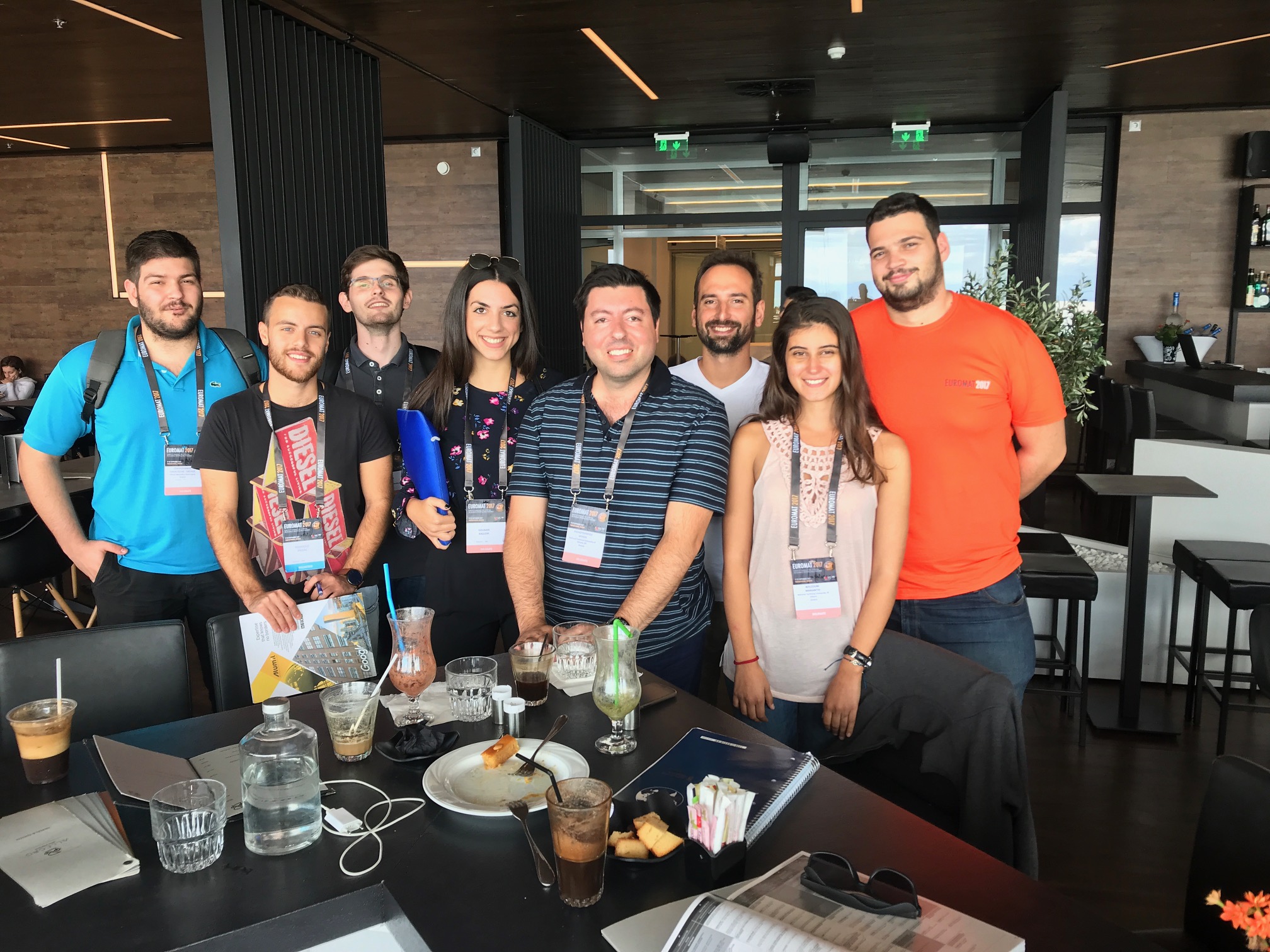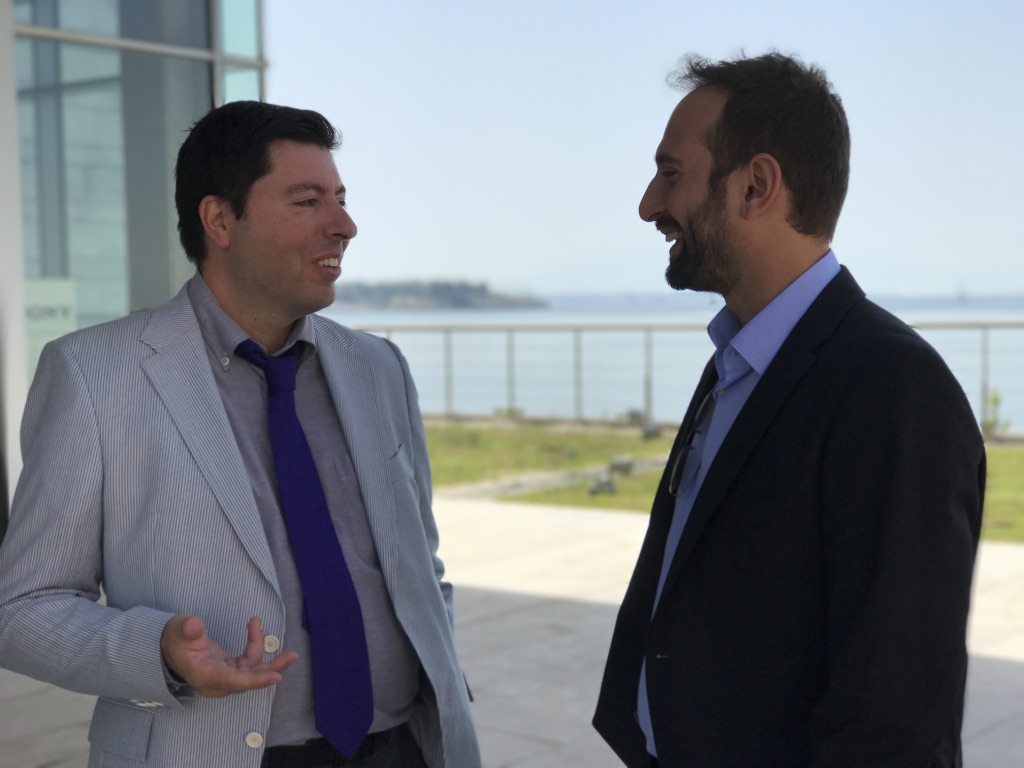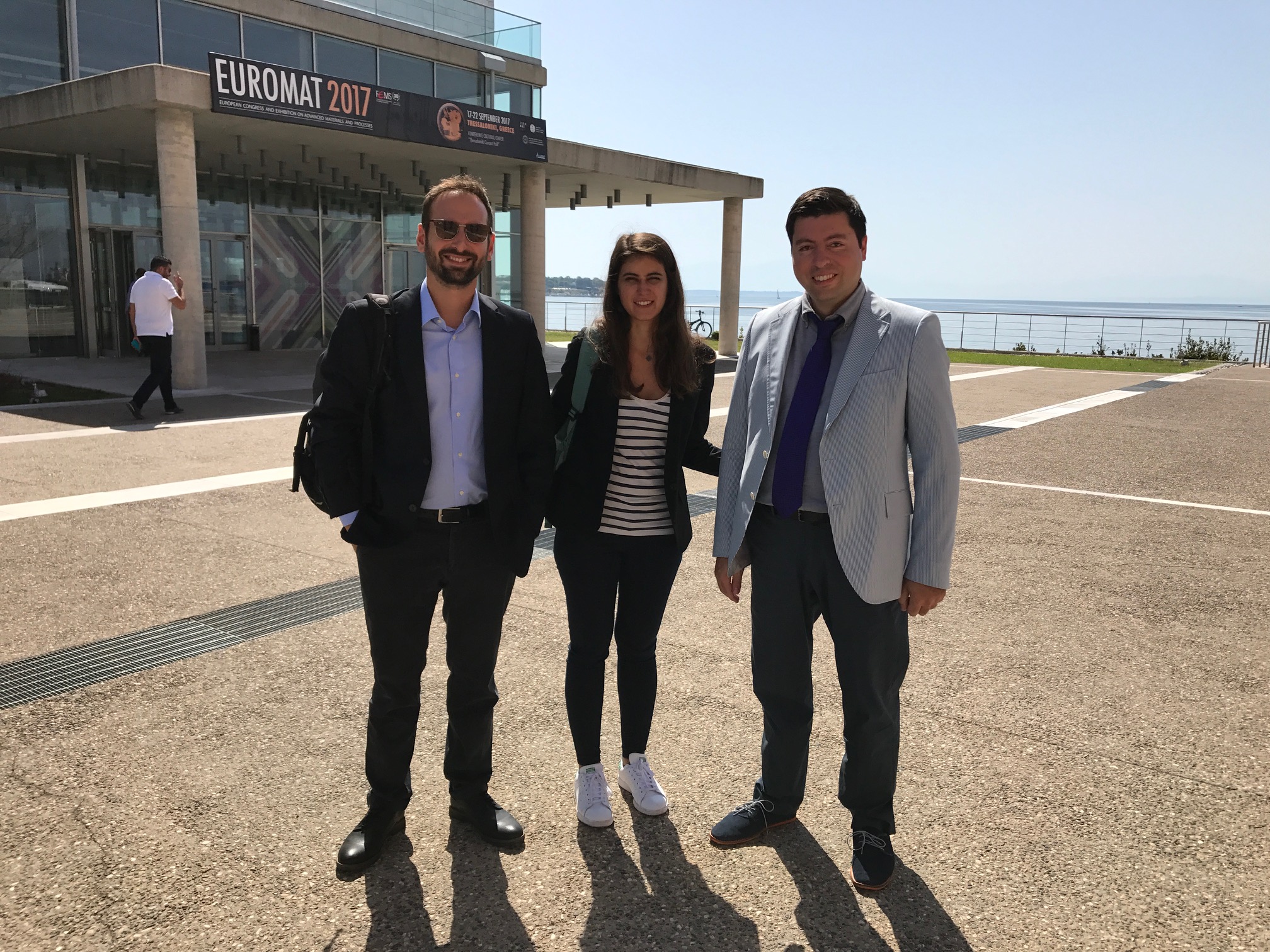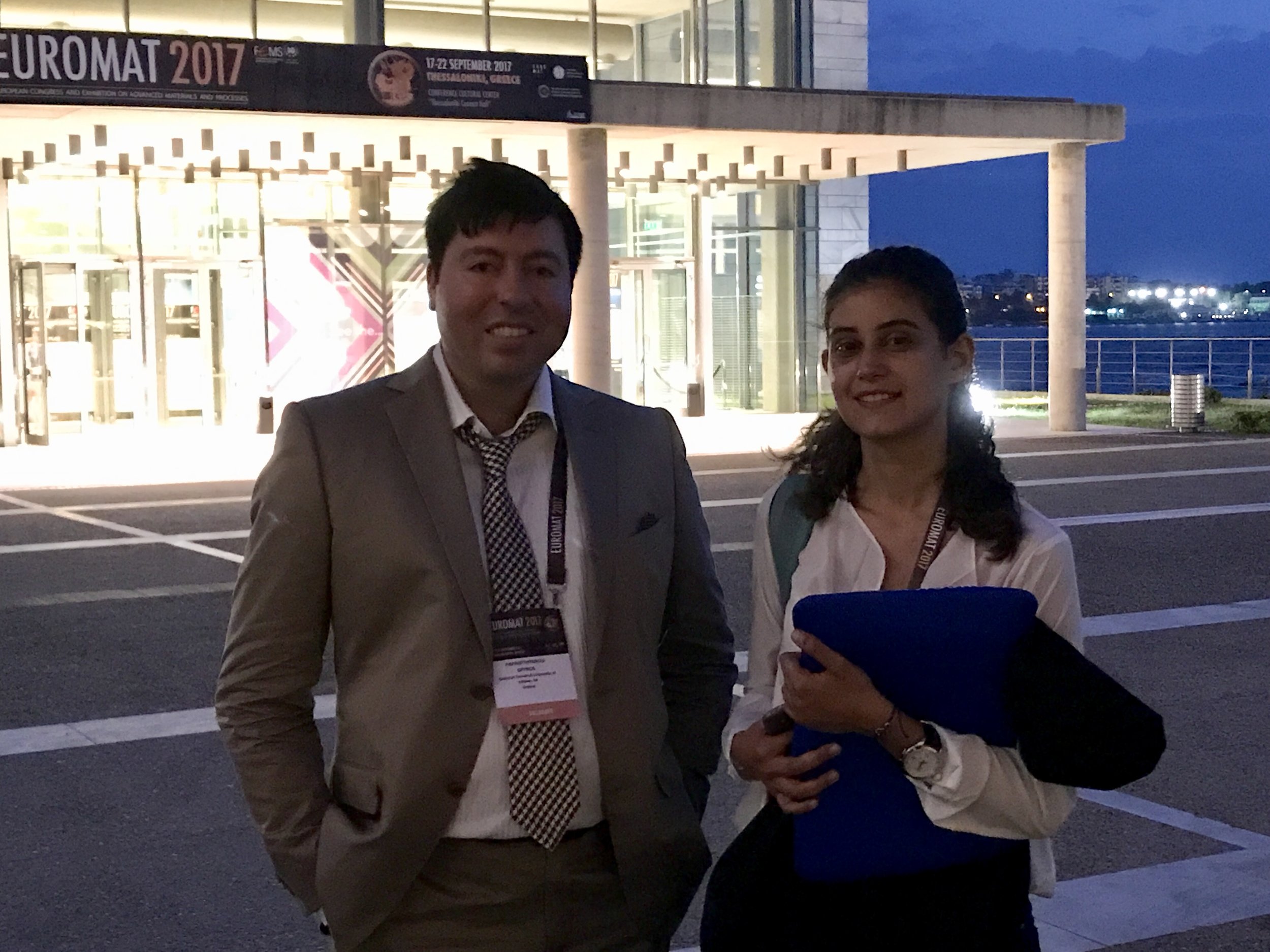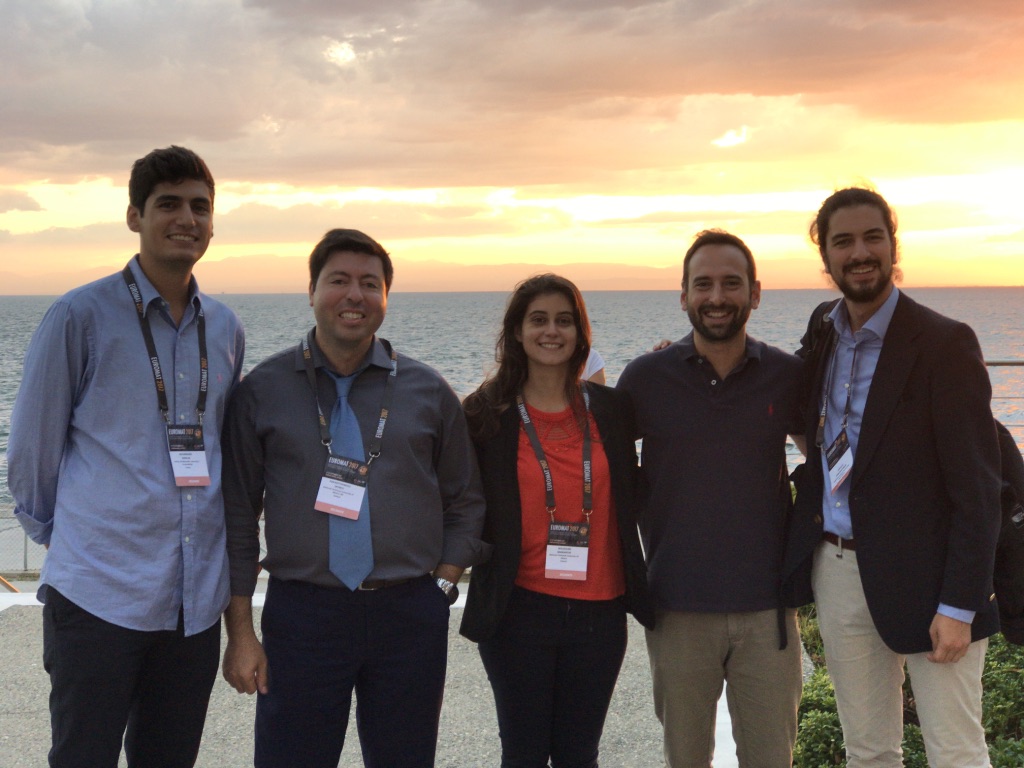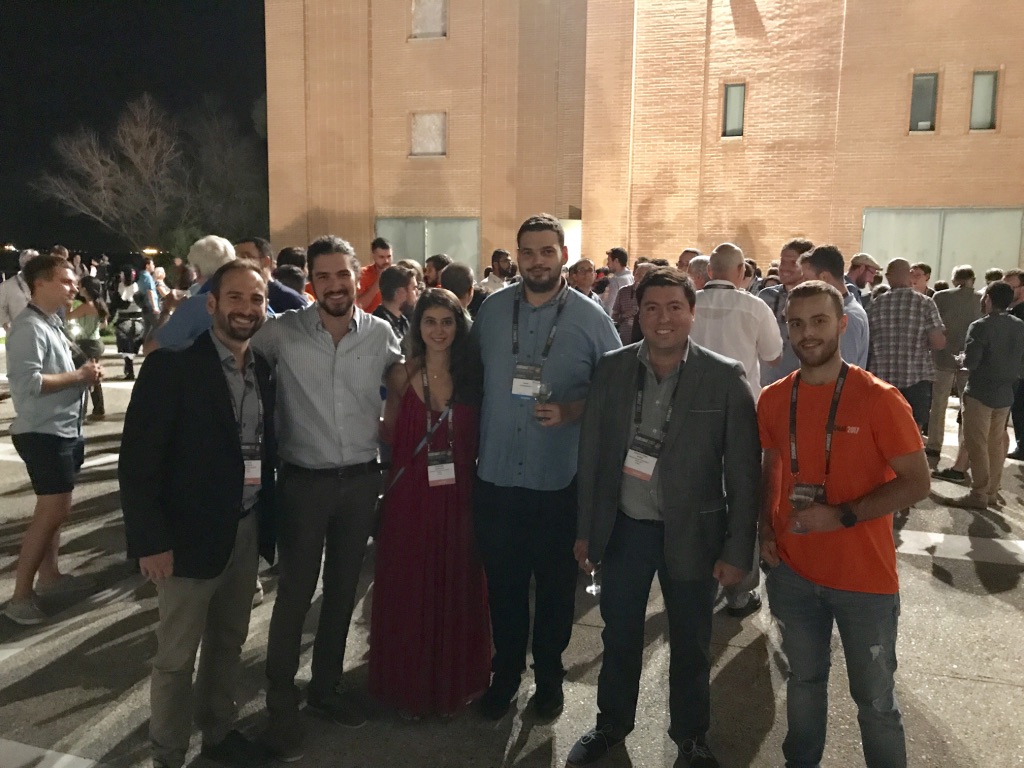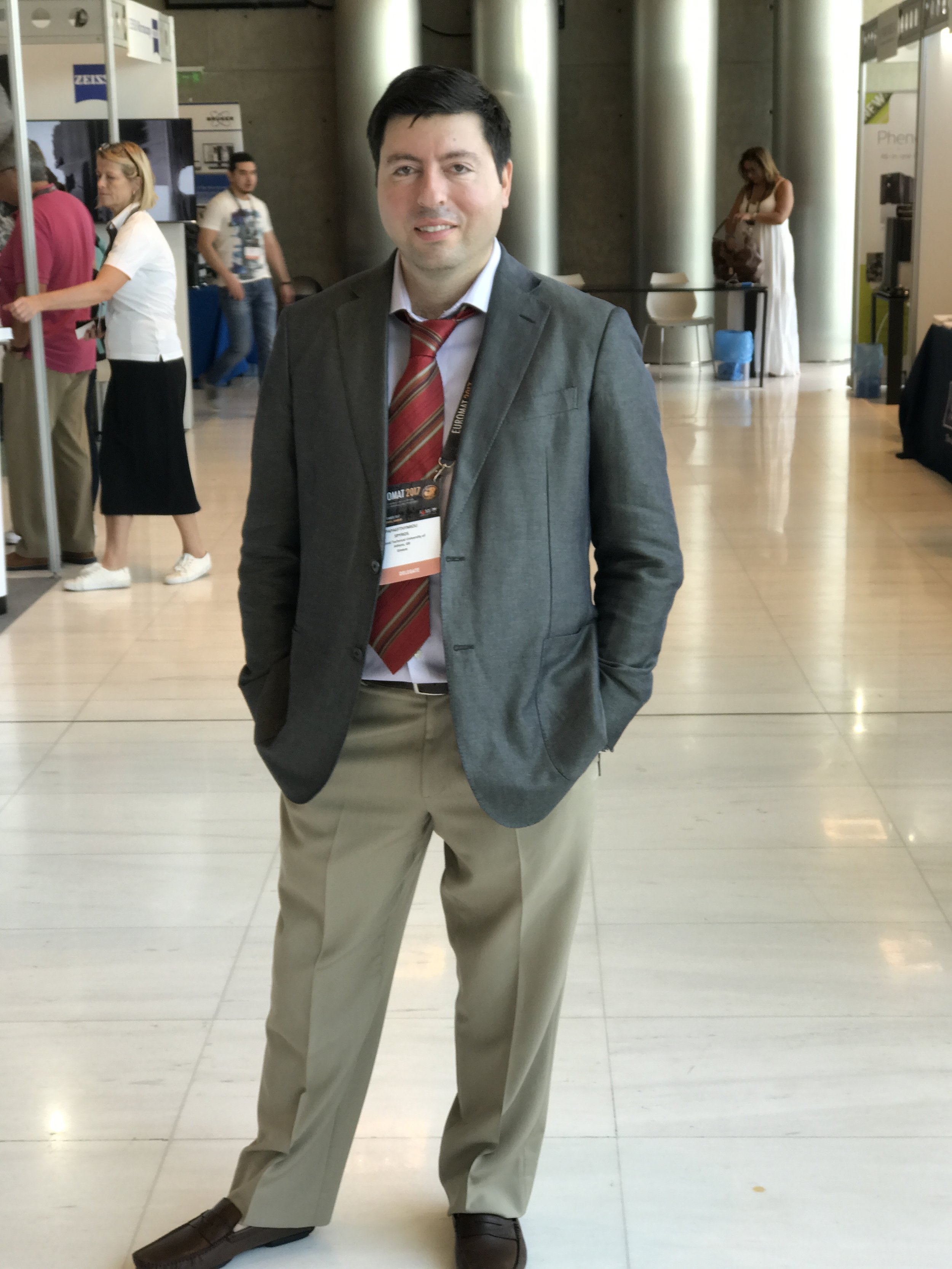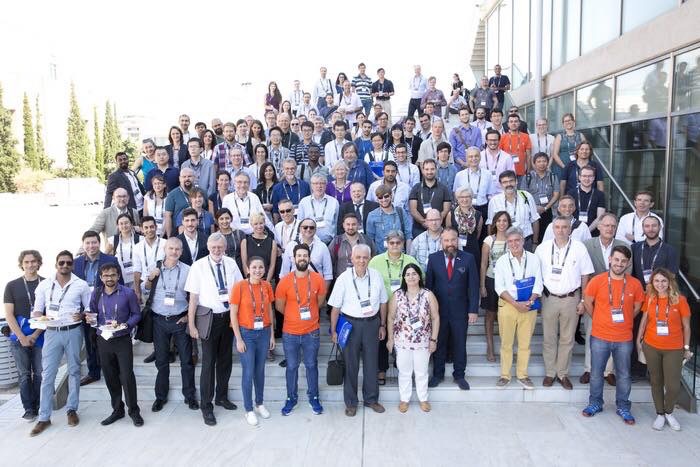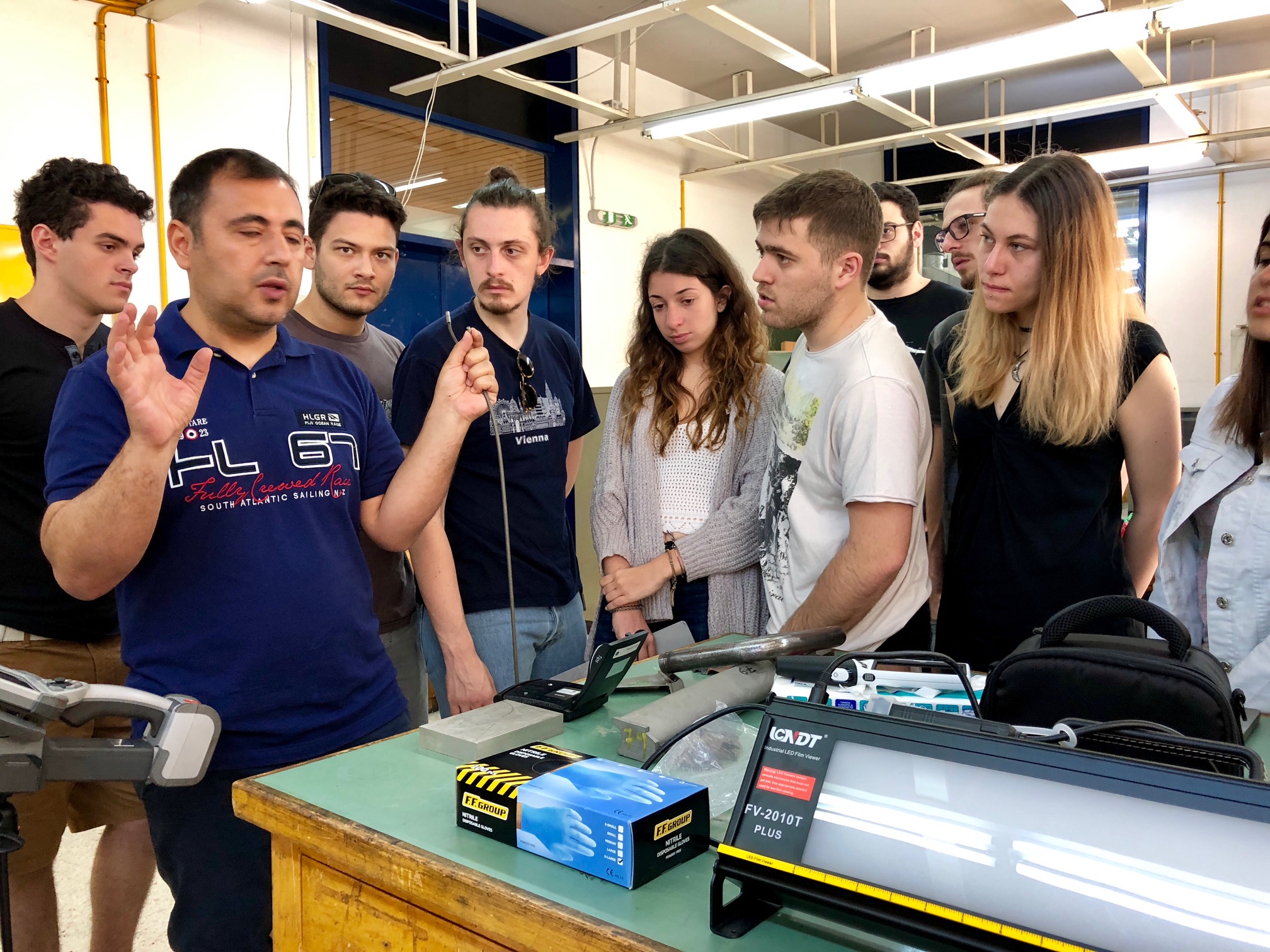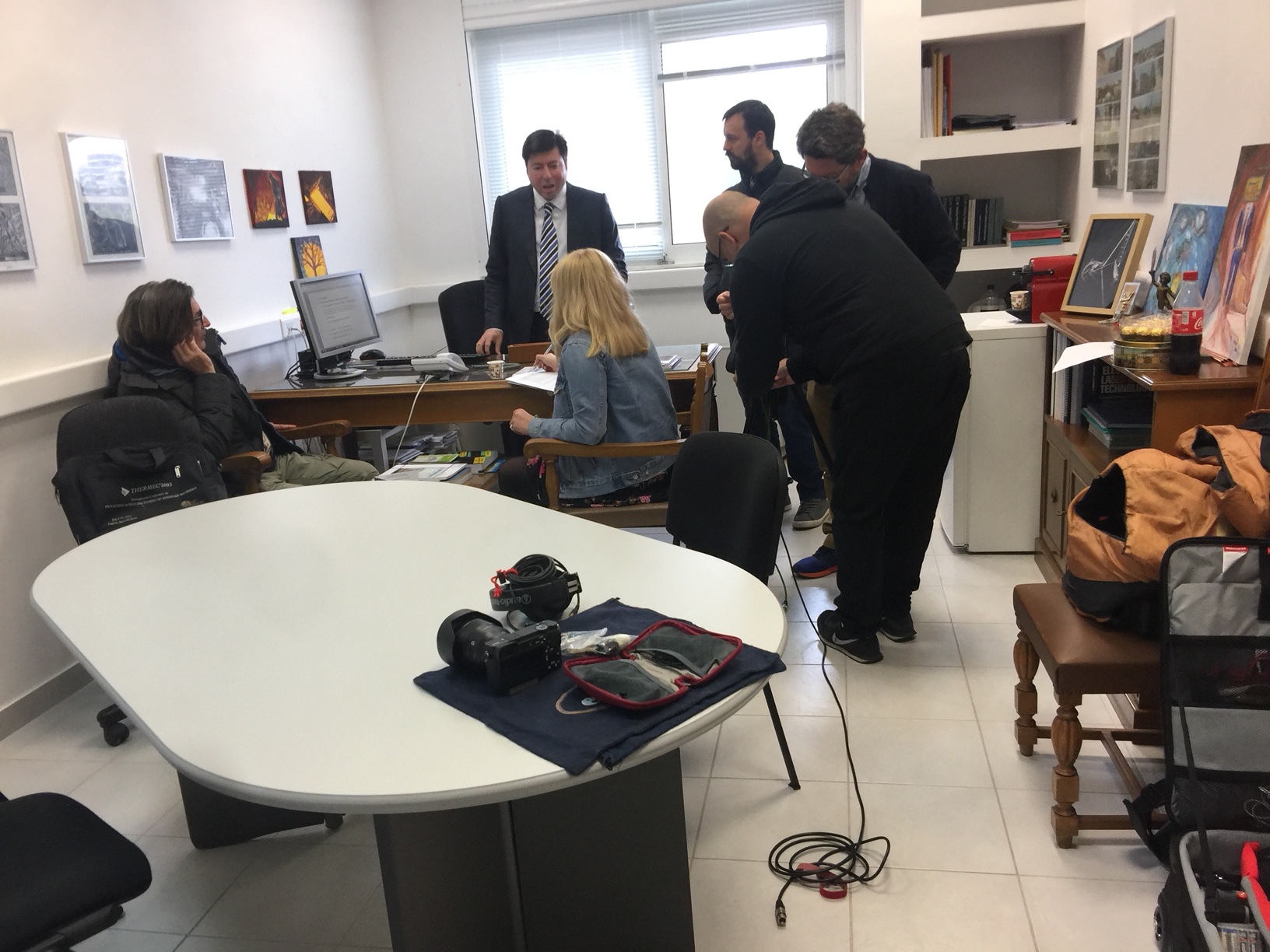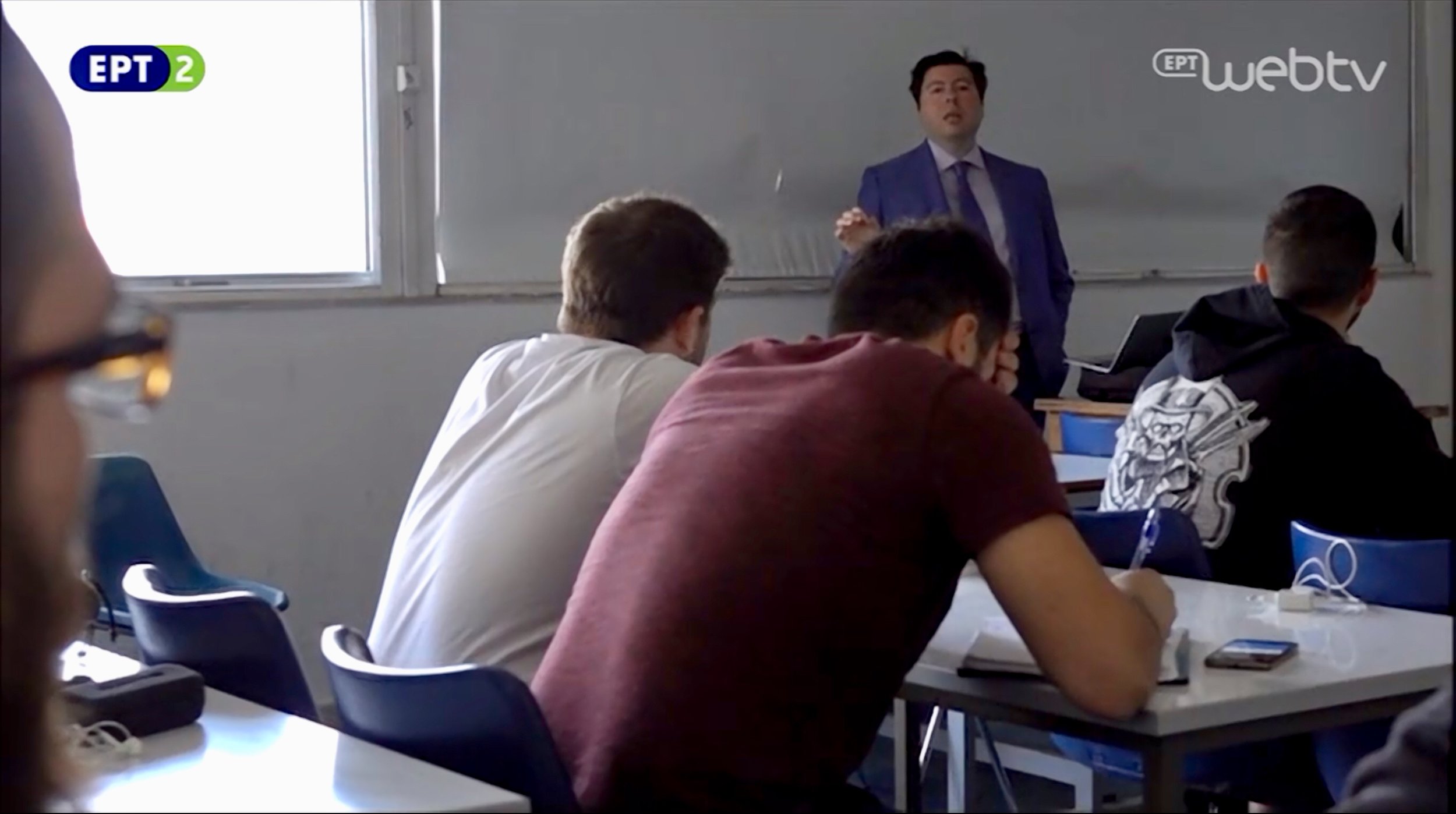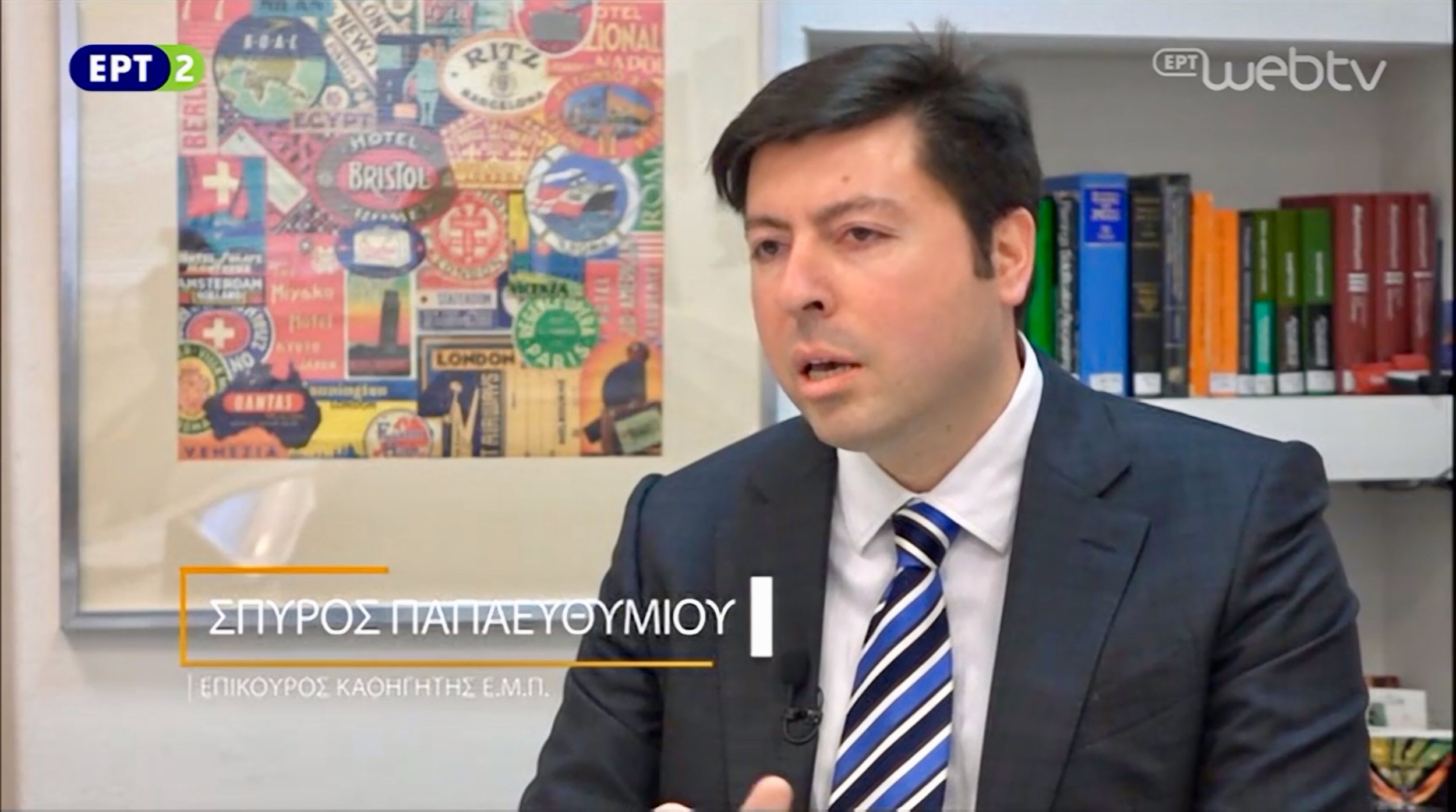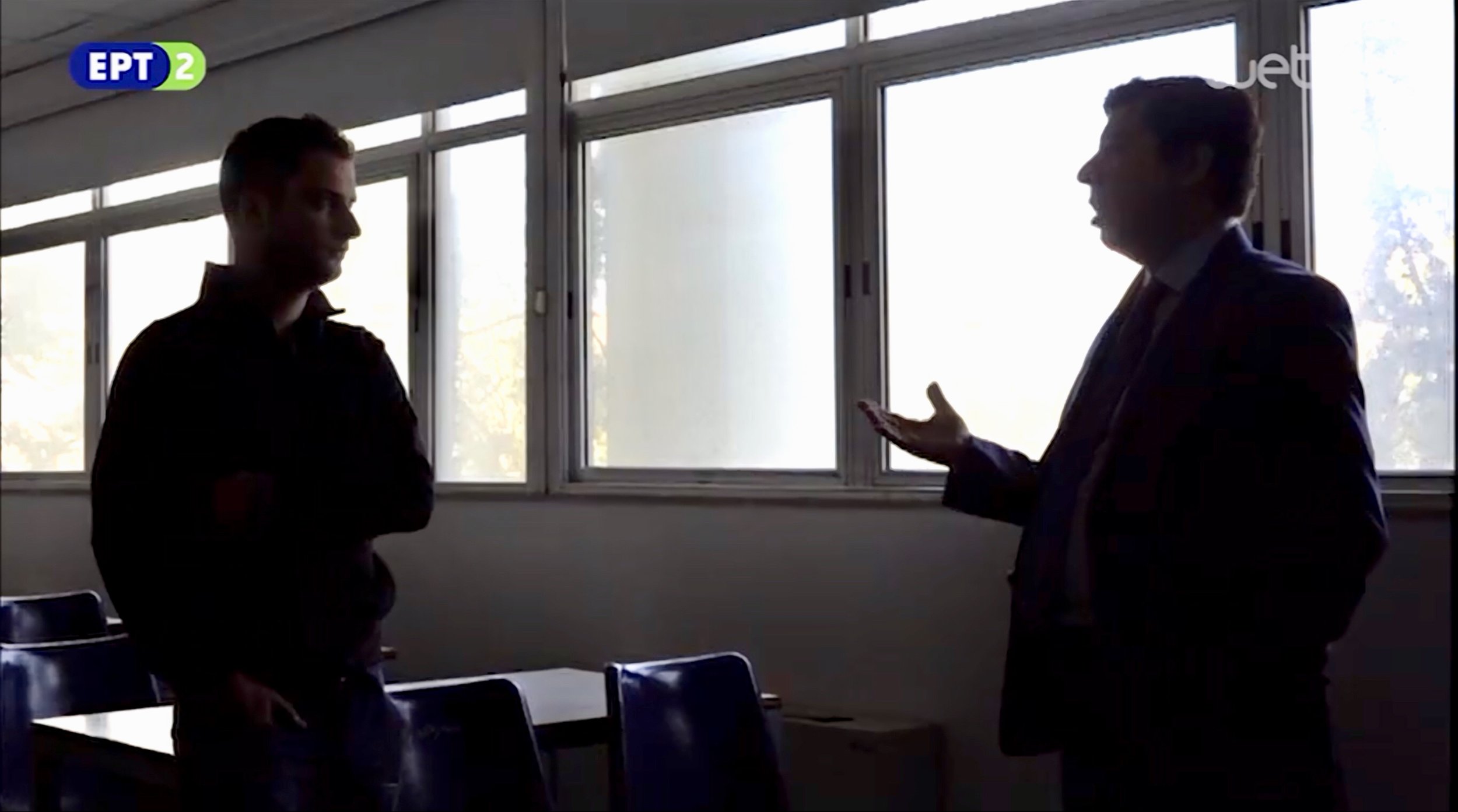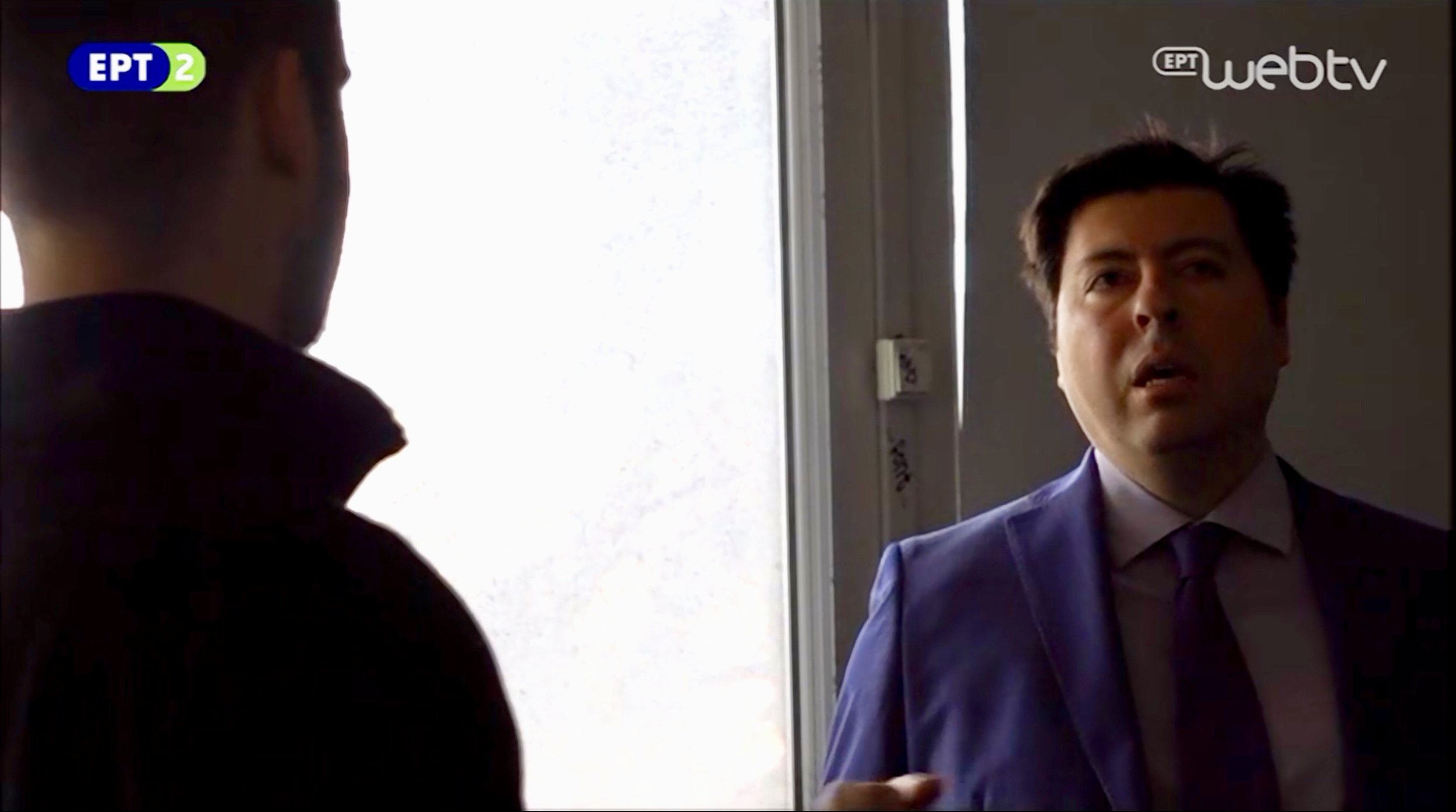vision - mission - principles of guidance
VISION
Bridging the gap between theoretical and applied knowledge is an absolute necessity and is a top priority for me. Emphasis is layed in the education of young people so that they will become good scientists and professionals, useful for society and industry. Through “mentoring & coaching” I bring up critical thinking and an approach that reveals creativity, independence in thinking, taking initiatives, being responsible and to lead. In parallel team working, cooperation and responsibility is cultivated. Technical and creative skills, e.g. communication, presentation and cooperation approaches are included in the educational experience. Students are encouraged to present technical, theoretical, literature and experimental findings, so that they can become useful professionals Engineers in the future.
An interdisciplinary approach that includes the understanding of the advances in technology and science, the innovation follow-up and the link with industry is significant for the years to come. This is why I emphasise on these issues in my lectures and educational activities.
The high level in research and teaching are non negotiable principles.
MISSION
Personally, I am committed in high level teaching and research.
My scientific, professional and social activity aims to benefit the society and industry, but most and foremore the citizens.
Crucial points of interest and strategic sectors include:
• Diffusion of knowledge and support to society
• Training and guidance of human capital
•Interdisciplinary cooperation, synergies with industry and society
• Support to the Greek Industry and production
• Modernisation of infrastructure and digitalisation
• Design of new alloys, & processes and optimisation of products/processes through computational materials science
• Minimisation of industrial residues and emissions targeting a zero residues industrial production
• Maximising recycling and reusage to maintain critical raw materials
The interdisciplinary approach in teaching, bridging the gap between theoretical knowledge and applied science is today an absolute necessity.
Emphasis is layed in training and educating young people so that they will become scientists and professionals, useful for society and industry.
Principles of guidance
The principles of guidance provided below aim to support students in their quest for gaining deep knowledge and cultivating their skills while seeking for a professional horizon in the field of Engineering, Materials Science & Technology and in the Industry:
Gaining significant and deep knowledge in basic scientific principles
Linking Universities with Industry, Society, NGOs in Greece and abroad
Teaching students with the aim to cultivate critical thinking, cooperation and team working; training them to keep gantt charts, to prepare literature surveys and technical reports and to present their projects
Critical approach in selecting production methods and forming, joining/welding techniques
Correlating microstructure to properties, enhancing the means of design and material selection based on service demands and/or limitations and environmental impact
Deep knowledge in microstructure characterization and nano-structure characteristics, mechanical properties determination, design of materials and processes
Environmental protection
Financial aspects of Engineering


